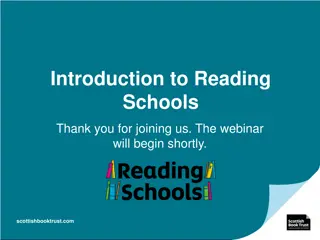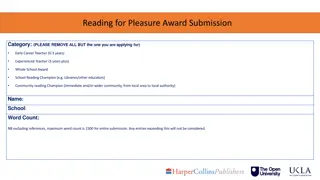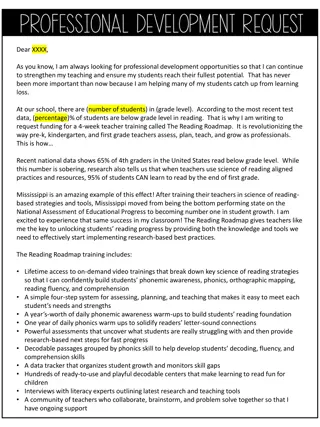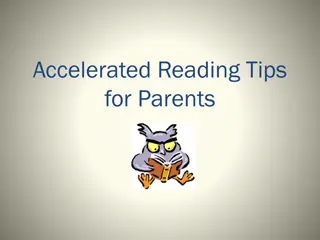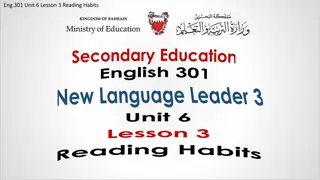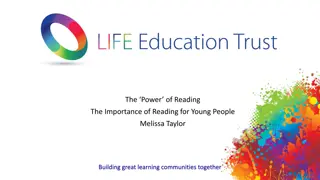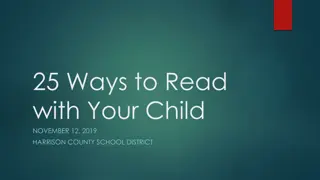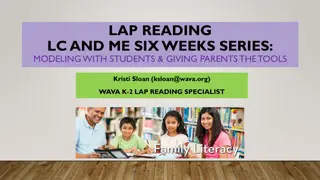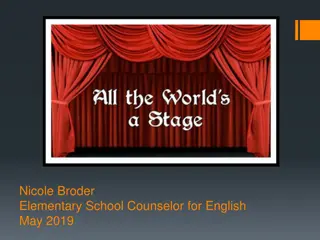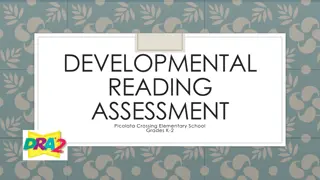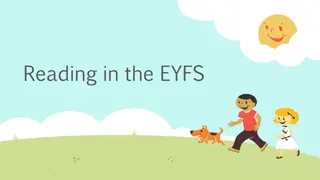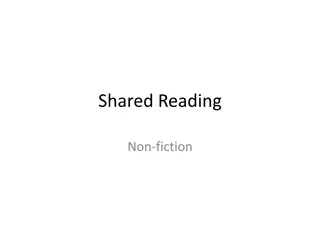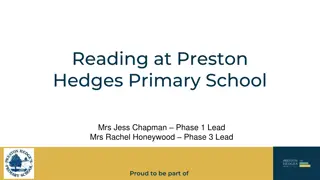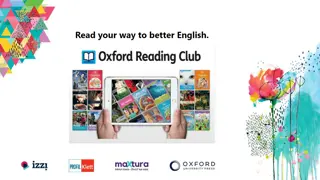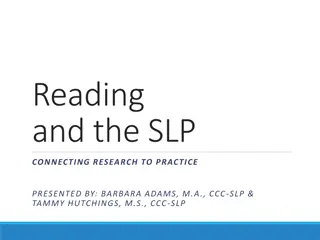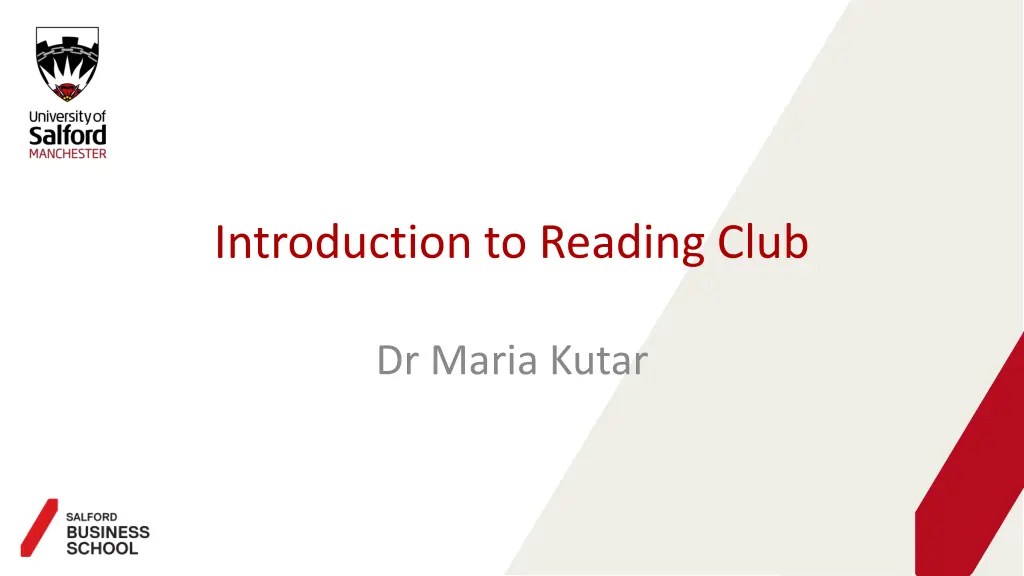
Effective Reading Strategies for University Success
Enhance your reading skills with active online reading techniques and annotation methods. Learn how to efficiently annotate, summarize, and engage deeply with texts to improve understanding and retention.
Download Presentation

Please find below an Image/Link to download the presentation.
The content on the website is provided AS IS for your information and personal use only. It may not be sold, licensed, or shared on other websites without obtaining consent from the author. If you encounter any issues during the download, it is possible that the publisher has removed the file from their server.
You are allowed to download the files provided on this website for personal or commercial use, subject to the condition that they are used lawfully. All files are the property of their respective owners.
The content on the website is provided AS IS for your information and personal use only. It may not be sold, licensed, or shared on other websites without obtaining consent from the author.
E N D
Presentation Transcript
Introduction to Reading Club Dr Maria Kutar
What are your expectations about reading at University?
Reading an Article 15 Minute Task Read the article provided and make notes / annotate it AS YOU WOULD NORMALLY
How do you read? Discussion Paper vs. online Annotation Note taking Summary and precis
What is Active Online Reading? Online Reading: reading that takes place in an online space while the reader is connected to the internet. Such reading may take place synchronously or asynchronously. (This is distinct from Digital Reading which refers to reading an electronic text whether online or off-line; similarly, it is distinct from Digital Literacy, the process of finding and evaluating sources online). An example would be reading an article via your university library s website. Active Reading: the practice of deep engagement with a text using techniques of annotating, responding, questioning, summarising, and sharing. An example would be reading an academic article and making notes on it with a fellow student in a shared document. Source Link: Active Online Reading Project
Annotating Why annotate? Improves efficiency in working with written material Records notes and thoughts about content Enables you to review written material without re-reading it all this is important to help you identify key points
Summarising What is a summary? Summary: 1 Containing the chief points of a matter; dispensing with unnecessary detail; compendious. Also, characterised by conciseness and brevity. b General, not detailed. 2 Performed or effected by a short method; done without delay. A relatively brief RESTATEMENT of a text s main ideas or arguments Written IN YOUR OWN WORDS
Summary Identify the main ideas and abstract apart from information not central to the main point Must be OBJECTIVE is not your opinion Can be relatively short sentence or a few words can be enough to summarise a paragraph You can draw these together to summarise an article Tip: To find the main point of a paragraph look for repeated words or phrases, and look at the first and last sentences
Why Summarise? Helps you to think in detail about what you are reading encourages deeper reading and learning As you start to work with more complex articles and larger amounts of information this will help you to discuss and review content critically across a range of sources important for reviewing literature
Reading Club: For Next Week Read the next article Annotate it Summarise each paragraph Bring it back to class to discuss
Acknowledgments Dr. Carson Bergstrom, University of Salford: guidance and content on annotation and summarising Dr Marie Griffiths, University of Salford: development of Reading Club Dr Jamie Wood, University of Lincoln: project leader, providing the inspiration for this work

